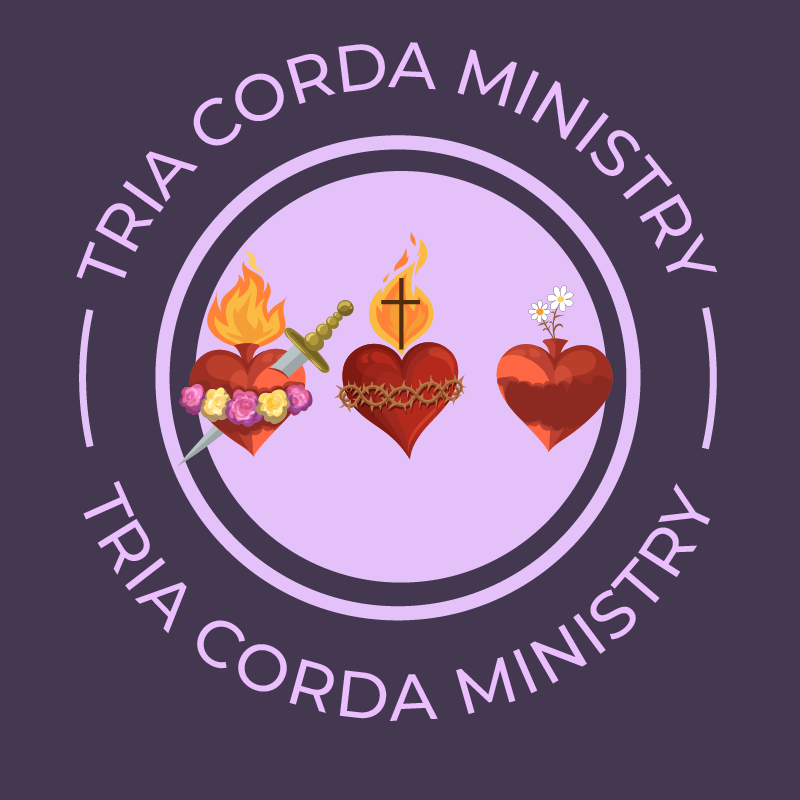ACEs and Vocation

This section will cover the impact of ACEs on one’s vocation and include summaries of research on their effects on marriage, parenting, and career. Unfortunately, there isn’t any research on how ACEs can affect priestly and religious vocations, so we won’t be able to include them in these summaries.
As we go through this research, it is essential to remember that just because someone has a high ACE score does not mean they are doomed to develop these outcomes. And if a person has developed a particular negative outcome due to ACEs, they are not necessarily doomed to have it forever. Healing and resilience are possible, and many factors can prevent these outcomes from happening in the first place, and many factors can lead to their healing if they have occurred.
ACEs and Marriage
Overall, a higher ACE score is associated with a higher likelihood of being unmarried or divorced. For example, a study conducted in Japan found that having an ACE score of 3 or more was associated with a higher likelihood of being divorced or married (1). Another study conducted in the US found the same associations (2). Some theories have suggested this association may be the case because a stressful childhood environment can orient people toward surviving in the short term instead of focusing on long-term things like marriage.
Additionally, when it comes to the quality of romantic relationships, studies have found that ACEs are associated with poorer relationship quality. Specifically, one study found that a higher ACE score was associated with poorer relationship quality, and relationship quality tended to be better in couples where both couples reported low amounts of ACEs (3).
Finally, ACEs can impact who we date and marry, as the same study found that couples tended to have similar ACE scores (3).
Overall, higher ACEs can be associated with poorer relationship quality in marriages, which can then lead to divorce. They can also lead to choosing not to marry and impact who we marry.
ACEs and Parenting
ACEs can harm parenting because many ACEs involve parents demonstrating poor parenting practices, which their children may observe and implement themselves.
A higher ACE score is associated with less emotional availability for kids; more harsh, inconsistent, or ineffective discipline techniques; and more stress associated with parenting (4; 5; 6).
ACEs and Career
Overall, ACEs are associated with a higher likelihood of being unemployed. This relationship is due to a higher likelihood of having less education, a higher probability of not completing high school, and a higher likelihood of substance use and mental health problems (6; 7; 8). Overall, ACEs are associated with more barriers to employment, making it difficult to support oneself and one’s family.
Conclusion
Overall, there is a lot to learn about how ACEs can impact one’s vocation, especially for those in religious and priestly vocations. Overall, we know that ACEs can lead to difficulties with marriage, parenting, and employment.
There is hope for healing and resilience following exposure to ACEs. If you or someone you know may be suffering from these adverse effects of ACEs, please visit the healing resources page to begin your healing journey.
To learn more about the effects of ACEs, please visit the following pages:
